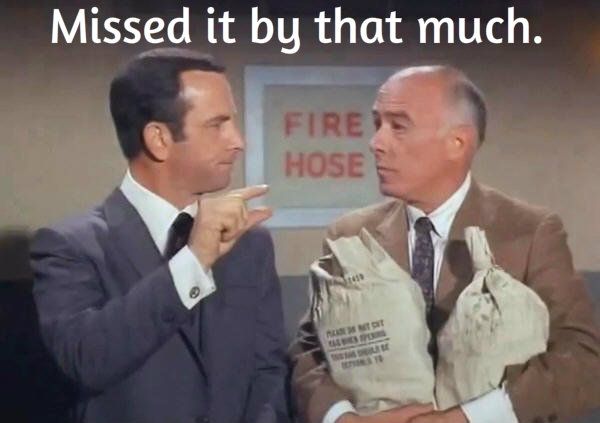
Posted on 07/09/2013 4:40:57 PM PDT by neverdem
The international definition of a second of time could be heading for a change, thanks to researchers who have demonstrated that an advanced type of ‘atomic clock’ has the degree of precision and stability needed to provide a new standard.
Jérôme Lodewyck of the Paris Observatory and his colleagues have shown that two so-called optical lattice clocks (OLCs) can remain as perfectly in step as experimental precision can establish1. They say that this test of consistency is essential if OLCs are to be used to redefine the second, which is currently defined according to a different type of atomic clock.
Christopher Oates, a specialist in atomic-clock time standards at the National Institute of Standards and Technology (NIST) in Boulder, Colorado, says that this is “very beautiful and careful work, which gives grounds for confidence in the optical lattice clock and in optical clocks generally”.
Since 1967, the second has been defined as the duration of 9,192,631,770 oscillations of the microwave radiation absorbed or emitted when a caesium atom jumps between two particular energy states.
The most accurate way to measure this frequency at present is in an atomic fountain, in which a laser beam propels atoms in gasous caesium upwards. Emission from the atoms is probed as they pass twice through a microwave beam – once on the way up, and once as they fall back down under gravity.
Caesium atomic-fountain clocks are used to set national time standards at NIST, at the Paris Observatory and elsewhere.
The caesium fountain clock has an accuracy of about three parts in 10 quadrillion (3 × 10−16). This means that it will keep time to within one second over 100 million years. But some newer atomic clocks can do even better. Monitoring emission from individual ionized atoms trapped by an electromagnetic field can...
(Excerpt) Read more at nature.com ...
Wait a damned minute, or .. a.. second... I just reset my clocks for daylight saving time.. I won’t do it again until New Years Eve, if history repeats itself... :)
My watch is running slow!!
I will spend the rest of the day trying to determine the best possible use for that extra second.
That's good enough for me! I call and sync my wristwatch with the Naval Observatory's clock once in a while.
If I were a wind-up clock, I would be really ticked
What a relief! You’ll never again miss your flight, your doctor or IRS appointment!
What are you tocking about?
Just think (and appreciate) of the precision this discovery is sure to add to the records the NSA has on us all!
LOL.. great one.. :)
Good one. I have to hand to you.
Just a quibble. But the title of the article is really misleading. Time has not been “redefined” nor is there a “new second.”
All the clock does is demonstrate the POSSIBILITY of measuring a second more accurately than existing clocks.
It’s about time.
New definiion:
One-Mississippi...two-Mississippi
Title are rarely written by the author, and title-writers rarely read much of the article. They also have little interest in reflecting the article accurately. Their goal is to get you to read the article based on the headline. Nothing more. Journalism today is a capitalist enterprise, and they are focused on ratings and ad revenue far more than accuracy, information, or fairness.
Well, yes, I could do that, but who knows how many switches and routers and servers and systems that signal is running through. I always figured a [landline] phone call might be more accurate — every second counts, right?! ;-)

Disclaimer: Opinions posted on Free Republic are those of the individual posters and do not necessarily represent the opinion of Free Republic or its management. All materials posted herein are protected by copyright law and the exemption for fair use of copyrighted works.